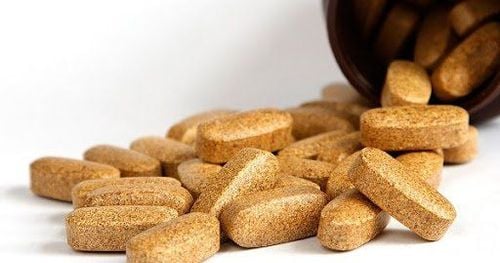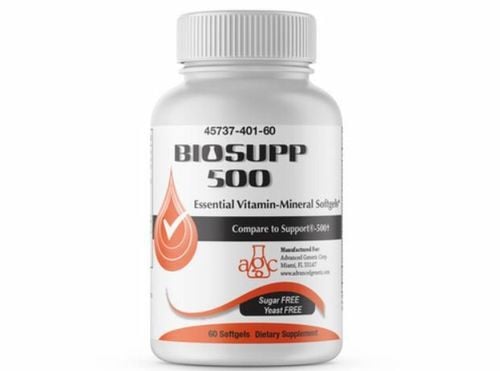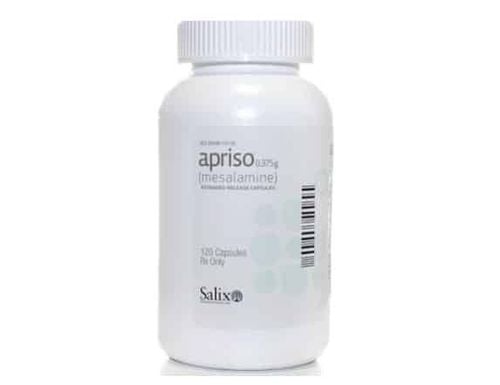This is an automatically translated article.
The article was professionally consulted by MSc Vu Tan Phuc - Gastroenterologist - Department of Medical Examination & Internal Medicine, Vinmec Phu Quoc International General Hospital.1. The risk of malnutrition for people with ulcerative colitis
When you have ulcerative colitis, you are at risk of becoming malnourished because you don't eat enough foods. When you are in the acute phase of your illness, you may experience severe abdominal cramps and diarrhea, which can sometimes alternate with constipation.Certain foods can make the symptoms of the disease worse. Therefore, you can cut back on these foods to reduce the symptoms of the disease.
At the same time when you are sick, your body will need more calories, protein, vitamins and minerals to support the healing process. The inflammation and diarrhea of ulcerative colitis prevent your body from reabsorbing water and minerals from your colon. You are at risk of becoming dehydrated if you are not adequately rehydrated. In addition, some medications used to treat ulcerative colitis interfere with the body's ability to absorb and maintain essential levels of vitamins and minerals. For example, corticosteroids such as prednisone can deprive the body of calcium. Medicines like Sulfasalazine lower your Folate levels along with several important B vitamins.
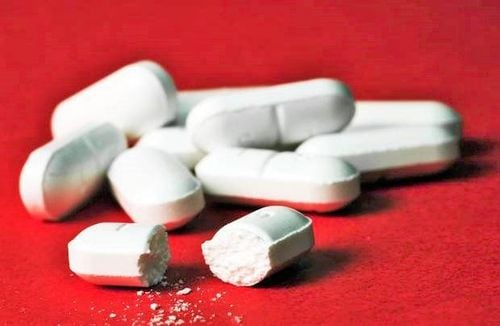
2. Food supplement for people with ulcerative colitis
A balanced diet is the first step in protecting yourself from malnutrition when you have ulcerative colitis. You need to have a varied diet, use different food groups and make sure your body is provided with adequate protein and calories. You can work with a dietitian to plan meals to meet your nutritional needs.However, even if you have the best meal plan, you may still need to supplement with the following vitamins and minerals:
Vitamin D : you need vitamin D to keep your bones strong strong. In addition, vitamin D also plays a role in how your immune system works against germs. If you have ulcerative colitis, especially if you need to take steroid medicines to treat it, you are at risk of vitamin D deficiency.
A good source of vitamin D for the body is dairy foods. , but many people with ulcerative colitis need to avoid dairy foods to limit symptoms of diarrhea. Therefore, you will need to supplement with vitamin D.
Calcium: calcium is a mineral that your body uses to build bones, help muscles contract, participate in signal transmission of the body. nervous system. If your body does not have enough calcium, the body will take calcium from the bones to put into the blood, thus making your bones brittle and prone to osteoporosis.

Iron: when you have ulcerative colitis, you can get iron eye from bleeding from an ulcer in your colon. If you don't get enough iron, you can develop anemia, which can cause fatigue, dizziness, fast or irregular heartbeat, and problems thinking. Your doctor can check the amount of iron in your blood through a test to evaluate this condition. If you're really low on iron, your doctor will probably recommend you take a supplement.
Folate or folic acid: this is a substance your body needs to make healthy new cells. In women, it also helps protect the fetus against birth defects of the spine and brain. And folic acid also reduces the risk of colon cancer in people with ulcerative colitis. When you have ulcerative colitis, you may find it difficult to eat folate-rich dark green vegetables that make your body deficient in this substance. Along with that, some medications can make this condition worse. Talk to your doctor about whether you need to take a folic acid supplement.
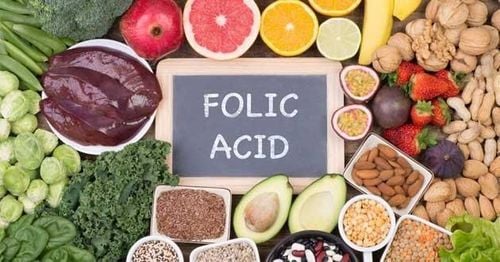
3. Several dietary supplements for ulcerative colitis are being studied
Researchers are studying several supplements to see if they can help people with ulcerative colitis. Those substances include:Omega-3 fatty acids: this type of acid is found in fish oil. In one study, omega-3s reduced symptoms and prevented ulcerative colitis from returning. Probiotics are bacteria that are beneficial for health. Some studies show that probiotics reduce symptoms of ulcerative colitis. Probiotics like lactobacillus or live cultured yogurt help restore the imbalance to the beneficial bacteria inside the gut. A few studies have found benefits of aloe vera when used as an oral gel. However, more research is still needed to confirm this. If you have ulcerative colitis, you should talk to your doctor about vitamins and minerals you need to supplement to help treat and help manage your ulcerative colitis.
Please dial HOTLINE for more information or register for an appointment HERE. Download MyVinmec app to make appointments faster and to manage your bookings easily.
Article referenced source: Webmd.com





